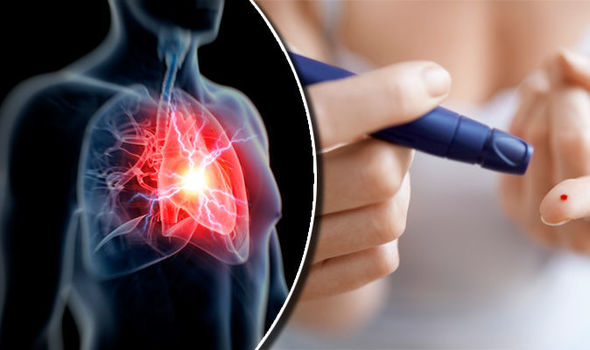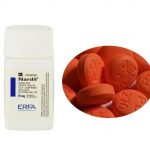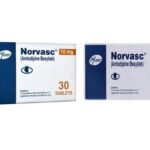Nardil Contraindications and Reviews

What is used Nardil for?
Nardil is a brand of phenelzine an antidepressant used to treat depression in people who have not been helped by other medications. Nardil is in a class of medications called monoamine oxidase inhibitors (MAOIs). It works by increasing the amounts of certain natural substances that are needed to maintain mental balance.
How Long Does Nardil Stay in Your System?
Nardil is taken orally in pill form. It’s metabolized by the liver and reaches peak plasma concentrations within 43 minutes. The half-life of phenelzine is 11.6 hours. Nardil (Phenelzine) metabolites are excreted in the urine. After oral administration of a 30-mg dose of Nardil, 73% of the dose can be recovered in the urine after a period of 96 hours. Nardil does not need to be present in the blood to remain active. Frequently, a single 30 mg dose is plenty to maintain the effects of the drug.
How should Nardil be used?
Nardil comes as a tablet to take by mouth. It is usually taken three times a day. Follow the directions on your prescription label carefully, and ask your doctor or pharmacist to explain any part you do not understand. Take Nardil exactly as directed. Do not take more or less of it or take it more often than prescribed by your doctor.
Your doctor will probably start you on a low dose of Nardil and gradually increase your dose. After your symptoms have improved, your doctor will probably gradually decrease your dose. Follow these directions carefully.
Nardil controls the symptoms of depression but does not cure the condition. It may take 4 weeks or longer for you to feel the full benefit of Nardil. Continue to take Nardil even if you feel well. Do not stop taking Nardil without talking to your doctor. Your doctor probably will want to decrease your dose gradually. If you suddenly stop taking Nardil, you may experience withdrawal symptoms such as nightmares, agitation, loss of contact with reality, nausea, vomiting, and weakness.
Nardil Contraindications
People with the following conditions should not take Nardil:
• a disorder of the blood vessels of the brain
• abnormal heart rhythm
• abnormal liver function tests
• alcoholism
• angina, a type of chest pain
• anxiety disorder
• chronic heart failure
• coronary artery disease
• decreased kidney function
• diabetes
• extremely high blood pressure
• high blood pressure
• liver problems
• low blood pressure
• low blood sugar
• manic-depression
• method of x-raying the spinal canal using dye
• orthostatic hypotension, a form of low blood pressure
• overactive thyroid gland
• pheochromocytoma
• schizophrenia
• seizures
• suicidal thoughts.
How effective is Nardil?
Nardil is one of the first effective antidepressants to be created, it was developed by Parke Davis and was approved by FDA on June 9th, 1961. Nardil remains an effective medication for the treatment of certain types of depression. It works by restoring the balance of certain natural substances (neurotransmitters) in the brain.
Nardil can improve your mood and feelings of well-being. Usually, this medication is used in persons who have not responded to treatment with other drugs. Nardil is also used off label to treat drug-resistant chronic migraine, posttraumatic stress disorder, panic disorder, agoraphobia, bulimia nervosa, and social anxiety
However, Nardil comes with a high risk of complications and potentially harmful interactions with other drugs and certain foods. For this reason, patients must exercise caution when taking an MAO inhibitor like Nardil.
What are the side effects Nardil can cause?
Nardil may cause side effects. Tell your doctor if any of the following symptoms are severe or do not go away:
• constipation
• decreased sexual ability
• dizziness
• drowsiness
• dry mouth
• muscle twitching or jerking
• uncontrollable shaking of any part of the body
• weakness
• weight gain
Some side effects can be serious. If you experience any of the following symptoms, call your doctor immediately:
• chest pain
• difficulty breathing or swallowing
• eyes more sensitive to light than usual
• headache
• nausea
• neck stiffness or soreness
• slow, fast, or pounding heartbeat
• sweating
• swelling of face, throat, arms, hands, feet, ankles, or lower legs
• vomiting
• wide pupils (black circles in the middle of the eyes)
• yellowing of the skin or eyes
Nardil may cause other side effects. Call your doctor if you experience any unusual problems while you are taking this medication.





